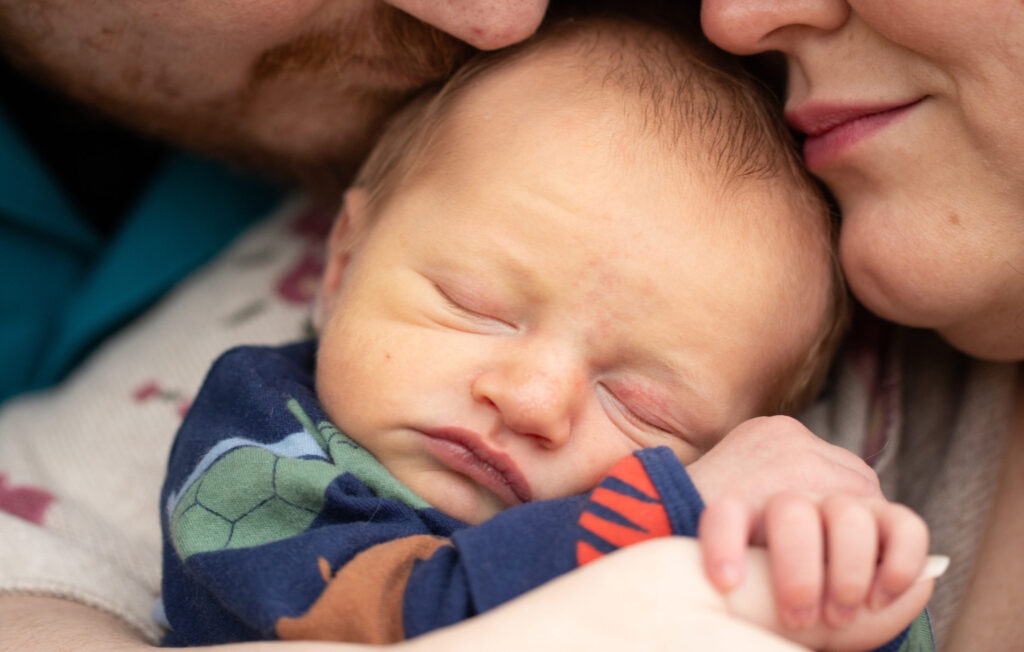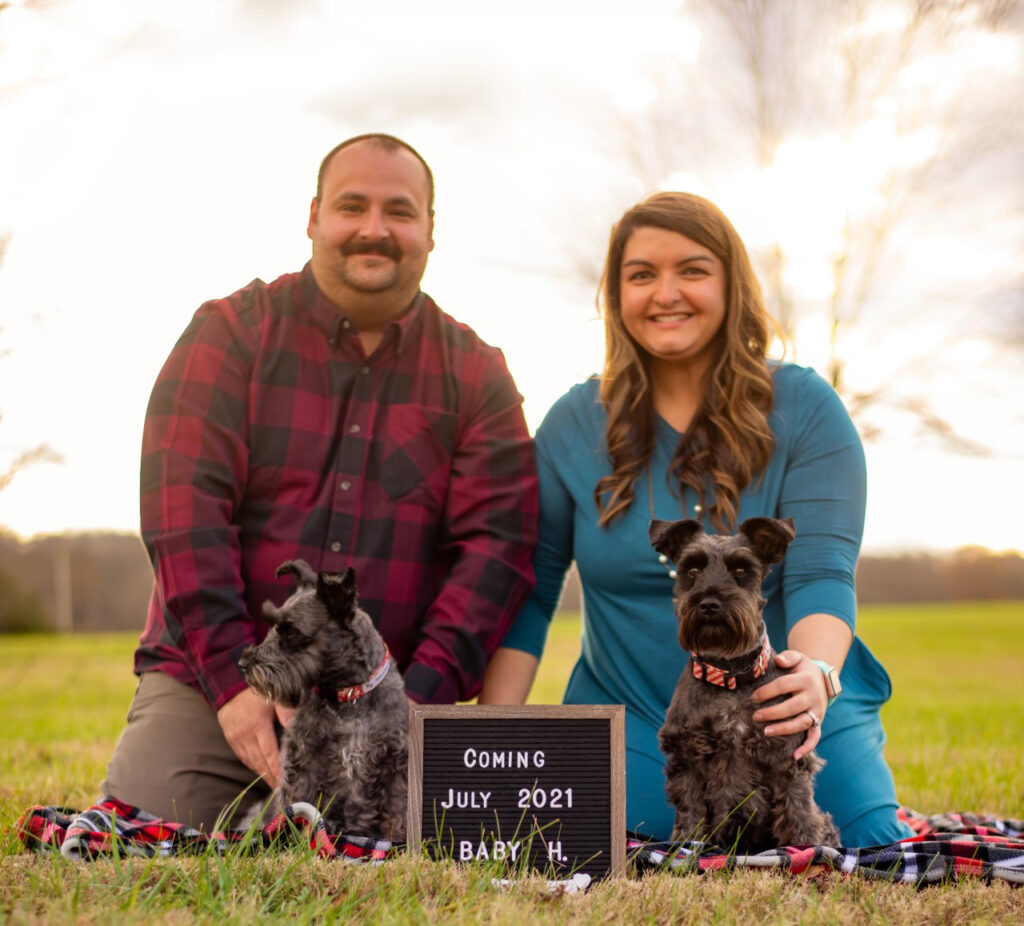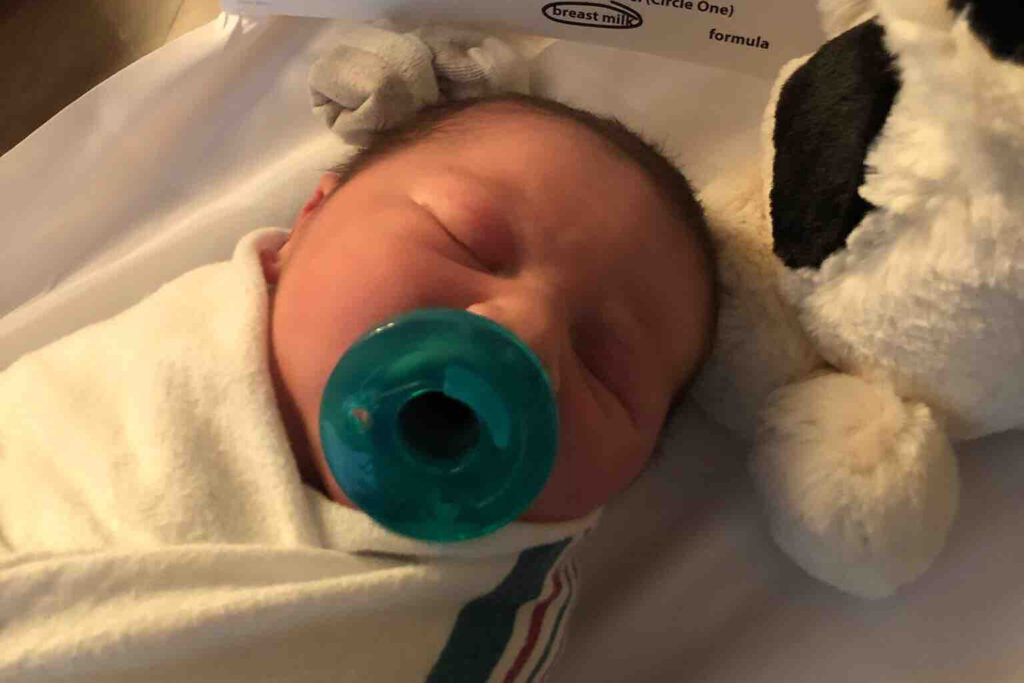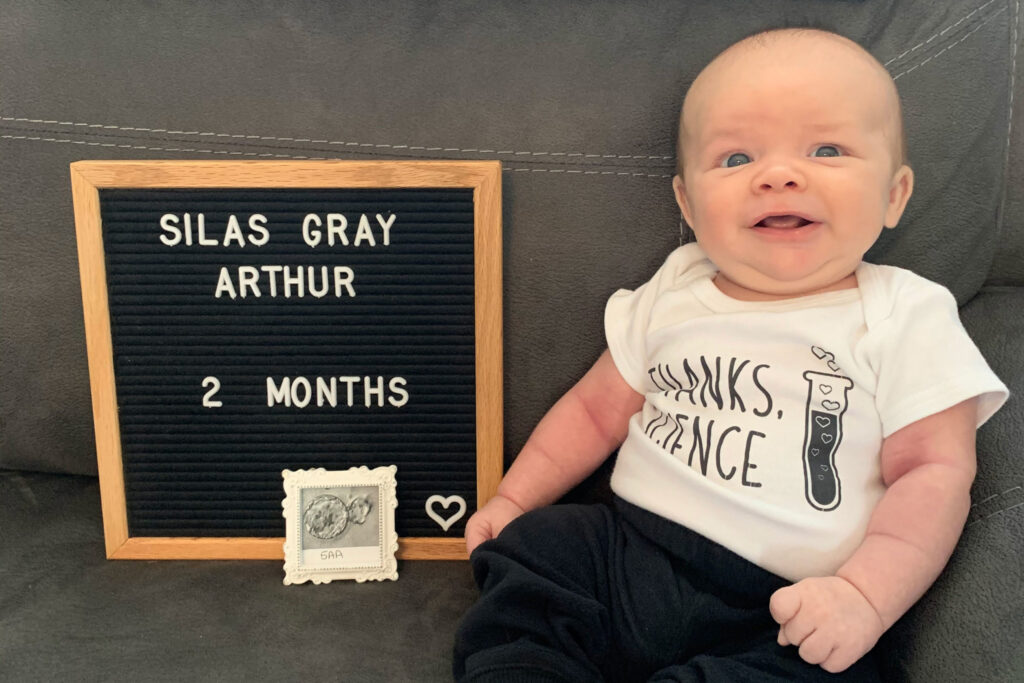Conceiving with autoimmune disorders is possible with the right support
 The doctors at our Tennessee fertility center have found that conceiving with autoimmune disorders is possible when the patient receives high-quality fertility support. An autoimmune disorder is the result of a person’s immune system malfunctioning. Such a malfunction causes the immune system to identify healthy cells as foreign or abnormal. This results in the white blood cells attacking the healthy cells. The attack on these cells can cause inflammation and damage.
The doctors at our Tennessee fertility center have found that conceiving with autoimmune disorders is possible when the patient receives high-quality fertility support. An autoimmune disorder is the result of a person’s immune system malfunctioning. Such a malfunction causes the immune system to identify healthy cells as foreign or abnormal. This results in the white blood cells attacking the healthy cells. The attack on these cells can cause inflammation and damage.
In some cases, an autoimmune disorder can cause an attack on the ovaries. This can lead to infertility and even early menopause. There are a variety of autoimmune disorders that can affect a woman’s fertility.
- Lupus erythematosus
- Crohn’s disease
- Diabetes
- Rheumatoid arthritis
For men, anti-sperm antibodies can cause antibodies to attack sperm, which may reduce the sperm’s ability to fertilize an egg.
The specialists at our clinic help patients determine whether the autoimmune disorder they have is affecting their ability to build a family.
Tips for conceiving with autoimmune disorders
Having a baby when you have an autoimmune disorder is possible when you take certain steps. These steps can help ensure you receive high-quality care and set your body up for success.
Receive the right diagnosis. An important first step in conceiving with autoimmune disorders is determining what kind of autoimmune disorder you have. If you don’t currently have a diagnosis but experience symptoms like fatigue, joint pain, skin problems, abdominal discomfort or digestive issues, recurring fevers or swollen glands, discuss your symptoms with your primary care provider.
Manage your autoimmune disorder. Because it’s often easier to conceive when an autoimmune disorder is in remission, we recommend taking steps to help restore balance in the immune system. Helpful practices include adopting healthy eating habits, engaging in regular physical activity, reducing stress, getting plenty of rest and sticking to the treatment plan your care provider recommends.
Have a consultation at a fertility clinic. Once you know what type of autoimmune disorder you have and begin taking steps to treat it, it’s wise to have a consult with a fertility specialist. During the consultation, a specialist at our Tennessee fertility center can help you understand how your disorder might be affecting your fertility and what fertility treatments might help.
These actions can support you in moving past the fertility barriers of autoimmune disorders, so you can go on to have a healthy baby.
We’re here to help
When a woman or a man first comes to our Tennessee fertility center, we gain in-depth knowledge about their fertility and health by reviewing their medical history and performing various evaluations through blood and urine samples. Women also receive a transvaginal ultrasound, and men often have a semen analysis.
In some cases, the doctor might recommend more extensive testing, like a surgical evaluation of infertility. Once the doctor has a thorough understanding of the patient’s fertility challenges, they can work with the patient to develop an effective fertility treatment plan.
Regarding conceiving with autoimmune disorders, the doctor can sometimes help the patient conceive by simply prescribing a regime of various medications. For other patients, they may suggest a fertility treatment like IUI or IVF.
Our compassionate and skilled team is by the patient’s side during each step of the journey to parenthood. Contact us for more information about fertility and autoimmune disorders.







